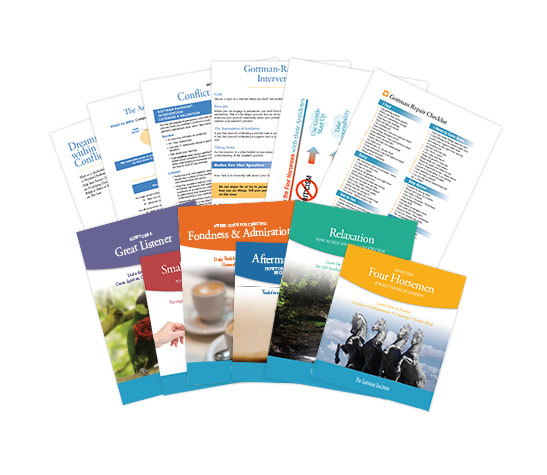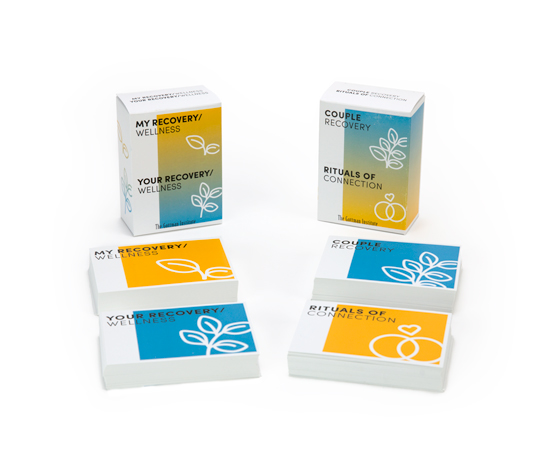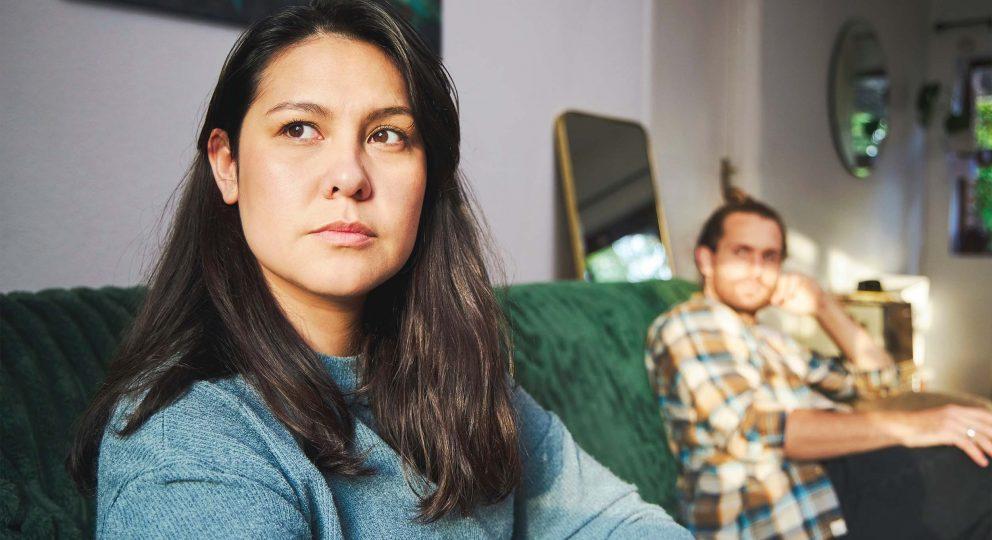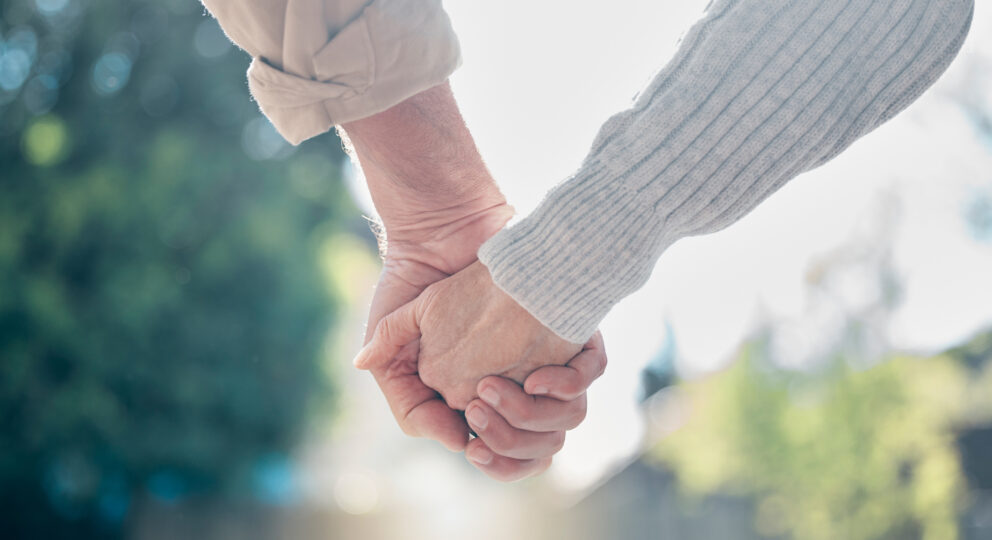“What’s Love Got To Do With It” isn’t just a Tina Turner hit from the ‘80s. It’s also the paraphrase of a question that has shaped the direction of research into addiction and emerging approaches to treating the disorder. Even before writer Johann Hari’s seminal work Chasing the Scream, which debuted the widely received claim that “the opposite of addiction isn’t sobriety—it’s connection,” many of us in the medical and clinical community were observing firsthand how close, supportive relationships led to better treatment outcomes for those in recovery.
Consider a few examples:
- A spouse’s involvement in behavioral marital therapy “significantly improved” 12-month outcomes for recovering alcoholics, in a 1993 study in the Journal of Studies on Alcohol and Drugs.
- Similarly, those who had the active involvement of family members in relapse prevention sessions reportedly reduced their risks of relapse.
- Multiple studies have concluded that participation in 12-step peer support groups like Alcoholics Anonymous correlates with better prospects of a successful long-term recovery.
How a “Love Molecule” Can Influence Addiction and Recovery
In each of these examples, the common denominator is relationships of love and connection— and now, groundbreaking science is shedding more light on the neurobiology of love and connection as they relate to recovery. What emerges are potentially promising new avenues for treating substance use disorders (SUDs), thanks to the untapped healing power of a neurotransmitter in the brain: “oxytocin,” by its scientific name, also known as the “love molecule.”
Oxytocin is a powerful, naturally occurring hormone that:
- Men and women release during orgasm
- Women release during labor and childbirth and when breastfeeding
- Influences the strength of emotional attachment and bonding between a child and their parents
- Increases a sense of social connectedness to others
- Impacts social behavior and emotions
- Has anti-stress and anti-anxiety effects
Strikingly, the latest research also suggests that higher levels of oxytocin in the brain can:
- Lower the risks of developing a SUD
- Reduce cravings and the risks of relapse in people recovering from a SUD
The Link Between Oxytocin and Addiction
A newly emerging body of evidence has established a link between oxytocin and addiction. A review of that evidence earlier this year led researchers at the University of St. George’s London to conclude that oxytocin may hold the key to treating opiate addiction and fending off relapse. And earlier findings in 2014 at the University of Adelaide concluded that oxytocin—specifically, insufficient levels of it during early childhood—may predict the onset of substance abuse later in life.
Oxytocin as a Potential Treatment for Drug Cravings
There is also emerging data to suggest that oxytocin may one day be used as a treatment to help people in recovery overcome drug cravings (and ensuing relapse). Take, for example, methamphetamine addiction. Until now, there have been no medications to help manage and relieve the meth cravings that often precede relapse. But a promising study in May 2017 found that the administration of oxytocin to meth-addicted rats reduced meth-seeking behaviors.
Such studies should prompt more research into possible oxytocin-based therapies for methamphetamine and other addictions. But these findings are hopeful in another way, too—as the neurobiological affirmation that what works best for helping people heal from addiction is a generous dose of love and connection.
If you are a professional who works with couples affected by addiction, you may benefit from attending Couples and Addiction Recovery, a one-day training presented by addiction specialist Dr. Bob Navarra.
If you want to build a deeply meaningful relationship full of trust and intimacy, then subscribe below to receive our blog posts directly to your inbox:









